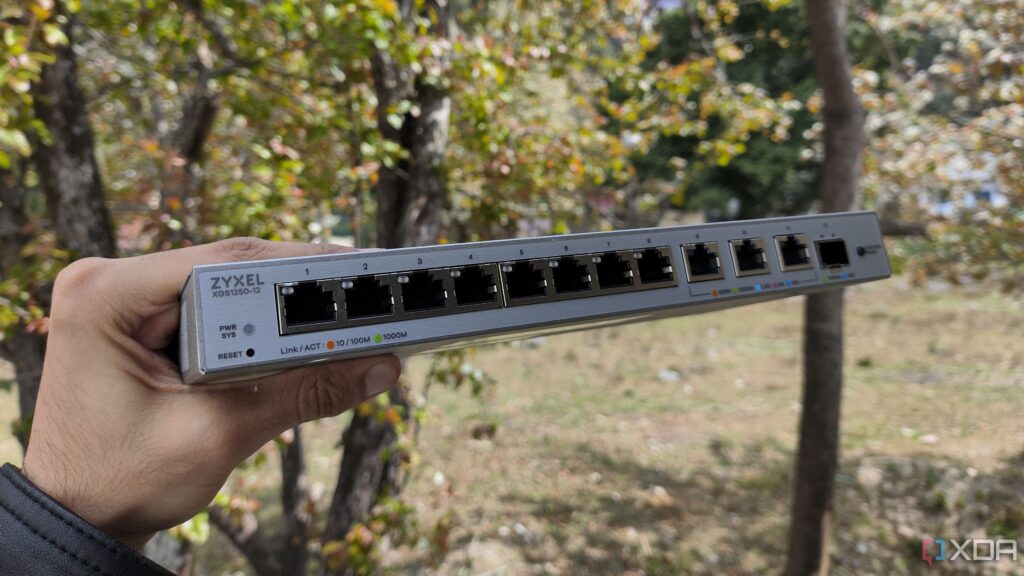
URGENT UPDATE: Home lab enthusiasts are facing serious connectivity challenges as new reports reveal that USB-to-Ethernet adapters are creating significant reliability issues. As of October 2023, many users are experiencing unexpected performance drops and compatibility headaches, leading to potential downtime for crucial services.
Networking serves as the backbone of any home lab, essential for running virtual machines and self-hosted services. When connectivity falters, it can spell disaster for ongoing projects. The growing reliance on inexpensive and convenient USB-to-Ethernet adapters, while initially appealing, is now raising alarms among experts in the field.
Why USB-to-Ethernet Adapters Are a Risky Choice
Though these adapters promise quick and easy wired networking, issues quickly arise under sustained loads. Users report that many adapters throttle or overheat, leading to sudden connection interruptions. This is particularly troubling for home labs that require long-running services and stable connections. A single dropped connection can disrupt backups or corrupt data transfers, affecting the entire lab’s functionality.
The problems do not stop there. Underlying hardware and driver compatibility risks also plague users. Many USB-to-Ethernet adapters utilize chipsets from manufacturers like Realtek and ASIX, known for inconsistent driver support across various operating systems. Recent updates to the Linux kernel have even caused some adapters to lose functionality completely, leaving networks vulnerable during crucial operations.
What Experts Recommend
For those serious about their home lab, experts are recommending a shift away from USB-to-Ethernet adapters. Instead, individuals should consider using onboard network interface cards (NICs) whenever possible. These components are specifically designed for the systems they support and typically receive long-term driver updates.
For setups with expansion slots, dedicated PCIe network cards offer superior performance and reliability compared to USB alternatives. Furthermore, single-board computers like the Raspberry Pi can benefit from dedicated accessories that provide stable Ethernet connectivity without relying on USB.
Additionally, utilizing a managed switch with VLAN support can enhance network efficiency and stability. While the initial investment may be higher, experts emphasize that planning around reliable components is crucial for maintaining uptime and preventing costly disruptions.
The takeaway is clear: while USB-to-Ethernet adapters may provide a quick and cost-effective solution, the long-term risks significantly outweigh the benefits. As home lab environments continue to evolve, prioritizing stability and reliability is paramount.
Next Steps
Home lab operators are urged to evaluate their current networking setups immediately and consider transitioning to more reliable hardware options. The urgency of this issue cannot be overstated; as technology advances, the demands on home labs will only increase. Don’t let unreliable adapters hinder your progress.
Share this information widely to help fellow enthusiasts secure their home labs against future disruptions. The reliability of your projects depends on it!







